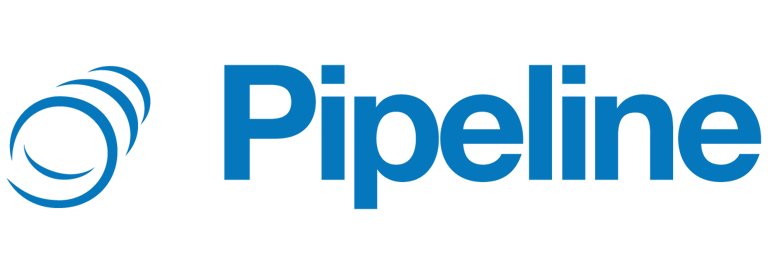Unlocking Success: The Benefits of Using Pipeline CRM for Lead Tracking
This blog explores the benefits of using Pipeline CRM for lead tracking. It highlights key features like visual pipeline management, automation, and email integration that help businesses streamline their sales process. Learn how Pipeline CRM boosts lead organization, improves conversion rates, and supports data-driven decisions for long-term success.
CUSTOMER RELATIONSHIP MANAGEMENTSALES PIPELINECRM


Exploring the Ins and Outs of Pipeline CRM
Pipeline CRM is an essential tool for businesses looking to streamline their sales processes and customer interactions. By providing a systematic approach to monitoring leads from the first contact to a successful deal, Pipeline CRM simplifies the management of customer relationships.
One of its standout features is the visual pipeline management, offering sales teams a clear depiction of the sales journey. The pipeline layout allows businesses to track lead progress, identify priority leads, and take swift follow-up actions. This visual representation provides crucial insights into sales operations, enabling teams to use data-driven strategies to improve outcomes.
The ability to assign specific tasks to each pipeline stage is another key strength. Leads are categorized based on their progress through the sales funnel, helping sales professionals understand conversion likelihood and create tailored strategies. This organized approach also ensures no leads are left behind, making it easier for teams to focus their efforts effectively.
Enhanced Lead Visualization and Management
Pipeline CRM’s organized layout plays a crucial role in tracking lead progression. By assigning tasks to each stage, sales professionals can efficiently monitor lead status, assess performance, and identify which leads need extra attention. This helps prevent leads from stalling and ensures any obstacles are quickly addressed.
The structured pipeline summary also fosters better communication within sales teams. Team members can share insights on lead progress, coordinate actions, and allocate resources more effectively. This approach nurtures a collaborative environment, driving accountability and improving sales results. The data gathered from the pipeline allows for quick decision-making, offering valuable business intelligence.
Streamlined Communication with Email Integration
Pipeline CRM’s email integration feature automates lead communication by syncing emails with lead details. This keeps a clear history of interactions accessible, giving sales teams the insights they need to craft personalized outreach and follow-up plans. The result is stronger customer relationships and improved satisfaction.
Many companies, like a large tech firm, have benefited from Pipeline CRM’s automation capabilities. This firm saved 30 hours per week by automating lead scoring and follow-up prompts, allowing the sales team to focus on customer engagement rather than administrative tasks.
Ways to Improve Automation and Enhance Efficiency
Automation is a major strength of Pipeline CRM. It simplifies lead nurturing and follow-up reminders, reducing the workload for sales teams and ensuring prompt interactions that maintain lead interest. One standout feature is the automated lead scoring system, which evaluates leads based on their interactions and potential value. This helps sales teams prioritize high-potential leads, leading to better resource allocation and higher conversion rates.
Follow-up alerts further enhance efficiency by ensuring timely interactions with leads, keeping teams organized and improving accountability. This timely engagement helps foster stronger connections with potential clients and enhances overall sales success.
Enhanced Reporting for Deeper Insights
Access to detailed data is crucial for informed decision-making. Pipeline CRM’s analysis and reporting tools provide businesses with clear insights into their lead tracking efforts. These features enable companies to evaluate conversion rates, track performance metrics, and adjust their marketing strategies for better results.
By analyzing trends over time, teams can refine their strategies and adopt successful tactics for future campaigns. This data-driven approach not only helps optimize marketing efforts but also fosters a culture of continuous improvement, leading to long-term success.
Conclusion
Overall, Pipeline CRM offers an invaluable range of tools designed to improve how businesses track, manage, and convert leads. Its visual pipeline management, automation features, and advanced reporting capabilities not only boost productivity but also help sales teams focus on building meaningful relationships with leads. By leveraging these features, companies can streamline their sales processes, increase lead conversion rates, and stay ahead in a competitive marketplace. Pipeline CRM isn't just about organization—it's about driving growth and fostering long-term success.
Visit our business resources here.


